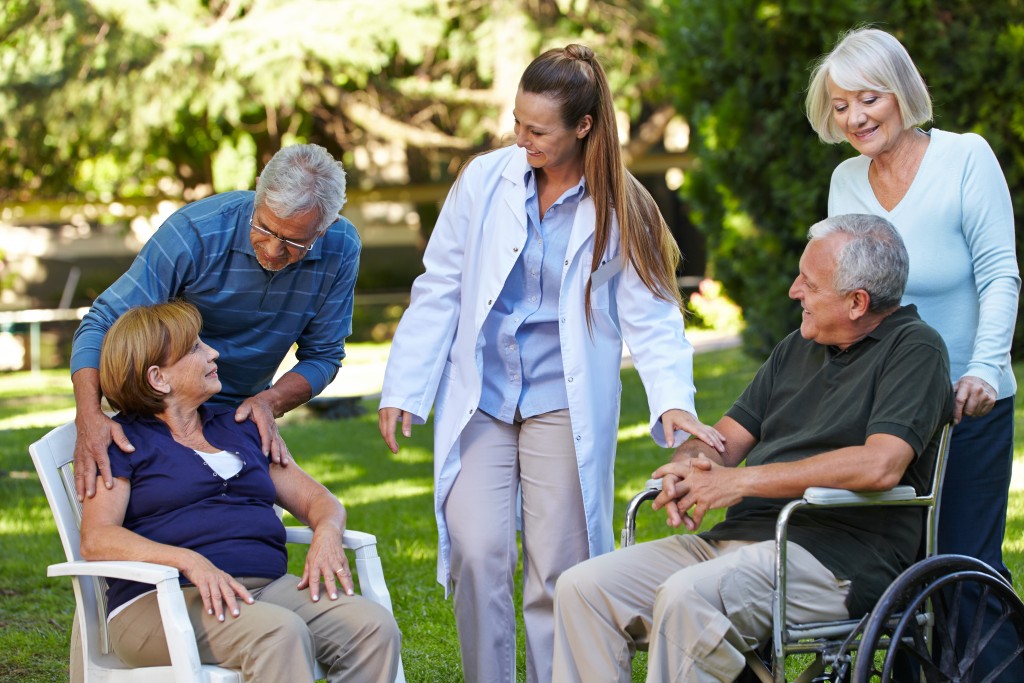Do you remember the time when you got so worried that an elderly relative, a parent or grandparent, would lose their sight because of glaucoma, cataract, or some other eye disease? That would be decades before the development of more advanced medicines and procedures, like laser surgery or PRK (photorefractive keratectomy). Today, these are routine procedures that could even be done on an out-patient basis.
What about open heart bypass surgery? Fifty or 60 years ago, heart surgery was a scary proposition. But today, doctors in America perform around 340,000 coronary artery bypass grafting or CABG a year. The survival rate post-surgery is in the 90% range.
But despite the advances in science and medicines, humans remain vulnerable to diseases, and the elderly more so. One silent killer is pneumonia. Pneumonia kills more people ages 65 and above than any other age group. 2013 data shows that more than 107 older people succumb to pneumonia or influenza. In 2017, nearly 50,000 people died of the disease.
Understanding Pneumonia
Age diminishes our internal organs’ capacity to perform at the highest level. Seniors have more difficulty clearing secretions in the lungs through coughing. This then leads to infection of the lungs or pneumonia. With a lowered immune system, also because of aging, older adults can’t fight such infections effectively. If not treated immediately, complications will arise, and death might come more rapidly than expected.

Preventive Measures
The most important thing you need to do is to pay attention when an elderly loved one suddenly begins coughing or showing signs of cold or influenza.
- Immunization. Prevention, as they say, is better than cure. Have your loved one vaccinated to fight bacterial pneumococcal pneumonia. The vaccine helps lessen the complications of pneumonia.
- Good hygiene. If the elderly are unable to do routine tasks, like bathing, brushing teeth, or generally keeping themselves clean, the higher the risks become of getting an infection. Make sure that you can assist them in remaining clean and hygienic with their body. Watch out also for oral diseases, as this can lead to respiratory infections.
- Recognize the symptoms and act on it immediately. Cough, chills, fever, difficulty breathing, and a cold getting worse are just some of the symptoms of pneumonia. If this is going on for at least a day or two, your next trip should immediately be to the hospital. Getting treatment is the best course of action upon recognizing the worsening condition.
- Reinforce the immune system. A healthy diet, vitamins C, B6, and E, and some sunlight and fresh air help keep the immune system active. A good walk and some other form of exercise are ways to reinforce the immune system.
- Visit the doctor regularly. This is a must, especially for those who have chronic conditions like diabetes or hypertension. Medicines need to be monitored and updated daily, and your vitals need to be checked. Your doctor would typically require you to submit blood screening and other tests. Make sure that you have this done before the visit to the hospital.
Simple habits like washing your hands or staying away from polluted areas can help prevent the onset of pneumonia. Make sure that you’re there to remind and assist your loved one about what needs to be done.

